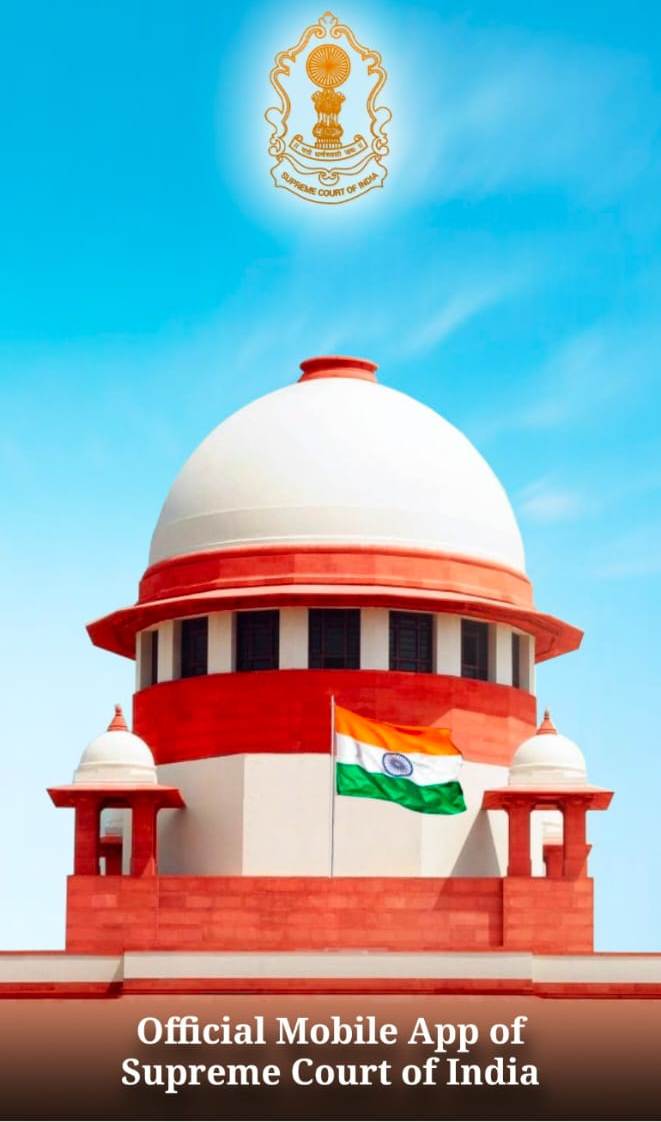The Supreme Court while hauling up three litigants for forum shopping said that a judge taking up a case not specifically assigned by the Chief Justice is an act of gross impropriety.
The bench comprising Justice Abhay S Oka and Justice Pankaj Mithal asked the judges to follow judicial discipline and not take up any matter unless they are needed to them as per the roster prepared by the Chief Justice.
It ruled that Judges have to follow discipline and ought not to take up any case unless it was specifically assigned by the Chief Justice.
A Judge can take up a case provided either the cases of that category have been assigned to him as per the notified roster or the particular case is specifically assigned by the Chief Justice.
Taking up a case not specifically assigned by the Chief Justice was an act of gross impropriety, it added.
The Court proceeded to impose costs of Rs 50,000 on the three litigants who were found to have indulged in forum shopping.
Calling it a ‘shocking’ case of ‘gross abuse of process of law,’ the Apex Court said the second to fourth respondents (three accused litigants) took a very extra ordinary step … This was a classic case of forum hunting by the second to fourth respondents … this is a case of gross abuse of process of law”, the bench stated.
By way of background, the three litigants in question were accused in eight criminal cases. After they were denied interim relief in criminal petitions heard by a Rajasthan High Court judge, they filed a separate civil writ petition which was placed before another judge.
The civil plea contained prayers to club the First Information Reports (FIRs) against them. Notably, in the course of deciding on the civil case, the three accused were also granted interim relief.
An informant/complainant (appellant) moved an appeal before the Supreme Court challenging this High Court order.
The appellant alleged that the accused had filed the civil case to avoid the roster judge who had earlier not granted interim relief in the criminal petitions. He also pointed out that the same lawyer had filed both the criminal and civil writ petitions.
The Supreme Court flagged this as an abuse of the process of law and explained that prayers to club criminal complaints could not have been made in a civil writ petition.


